Whistle-stop tour of Kyushu’s seven prefectures
Contributors are not employed, compensated or governed by TDM, opinions and statements are from the contributor directly
Japan’s third-largest island, Kyushu, is alive with energy and culture. Known for its hot springs, dramatic landscapes, peaceful beaches and culinary delights, there is much to discover in this lovely corner of Japan. Explore Kyushu by region and discover the island’s seven prefectures sure to inspire your next Japanese adventure.

Fukuoka
Kyushu’s historic gateway to Asia, Fukuoka Prefecture, is sprawled along the coast at the northern tip of the island. Part nature retreat, part multicultural metropolis, the region has a lot to offer visitors. Fukuoka city boasts culture, diversity and world-class cuisine. One of Fukuoka’s most famous attractions is Dazaifu Tenmangu, a shrine dedicated to the historical scholar and politician Michizane Sugawara and home to over 6,000 plum trees that blossom each spring.
Don’t miss: The wisteria tunnel at Kawachi Fuij-en in Kitakyushu
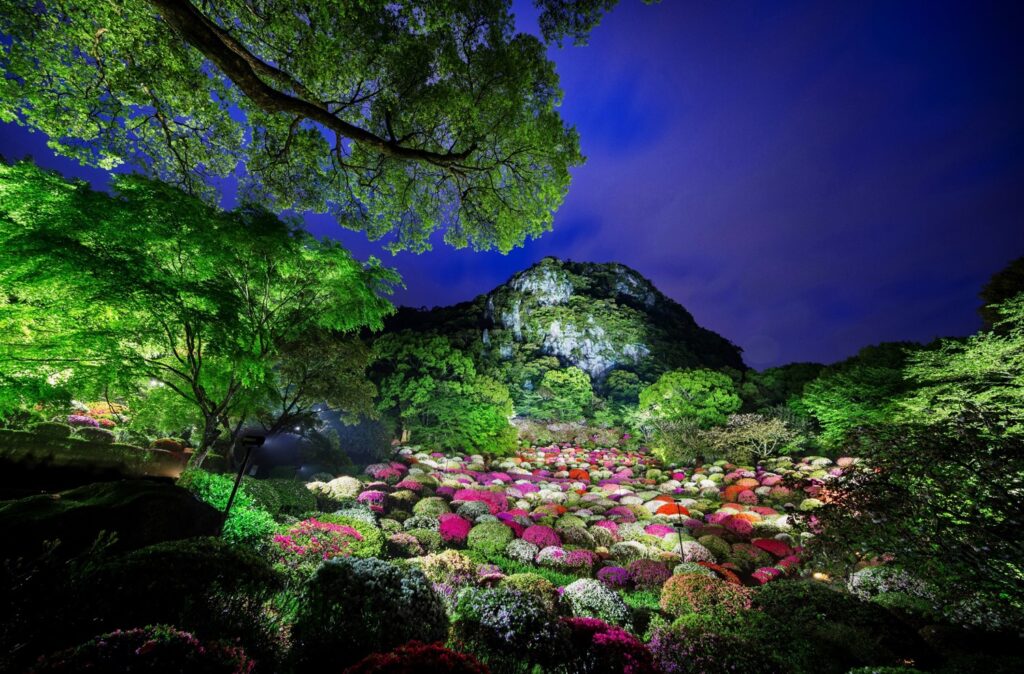
Saga
Another coastal prefecture, Saga is home to many of Japan’s pottery masters and is famous for being the birthplace of ceramics in Japan, chiefly in the historic pottery towns of Karatsu, Arita and Imari. The Saga Castle History Museum and Nagoya Castle hint at Saga’s feudal past, while natural attractions include the sea caves of Katatsu, and the Rainbow Pine Grove, a Japanese black pine forest stretching five kilometres from east to west along Karatsu Bay.
Don’t miss: The soothing waters of Ureshino’s hot springs
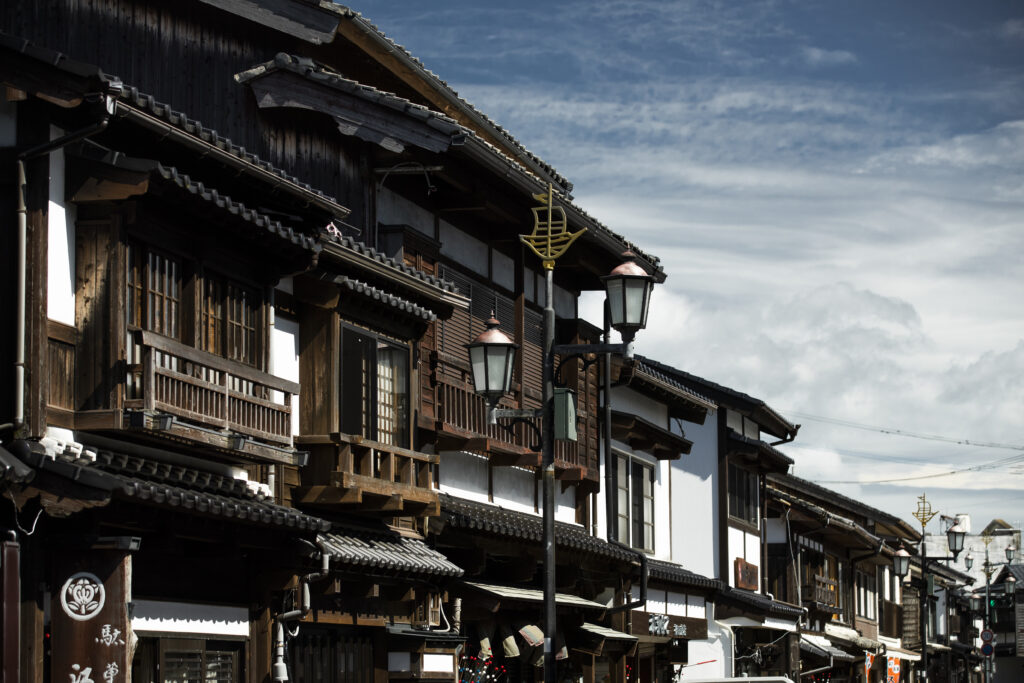
Nagasaki
Another early gateway to trade with the West, Nagasaki boasts ancient cultural roots backdropped by rolling hills and forested islands. Despite Western influence, the prefecture features tombs and ruins dating back to the third century B.C. Unspoiled beaches and island getaways surrounded by crystal-clear seas draw swimmers, divers and kayaking enthusiasts.
Don’t miss: Hirado Castle, once home of the Matsura Clan, offers gorgeous views of the Hirado Port and ancient forest of Kurokojima Island.
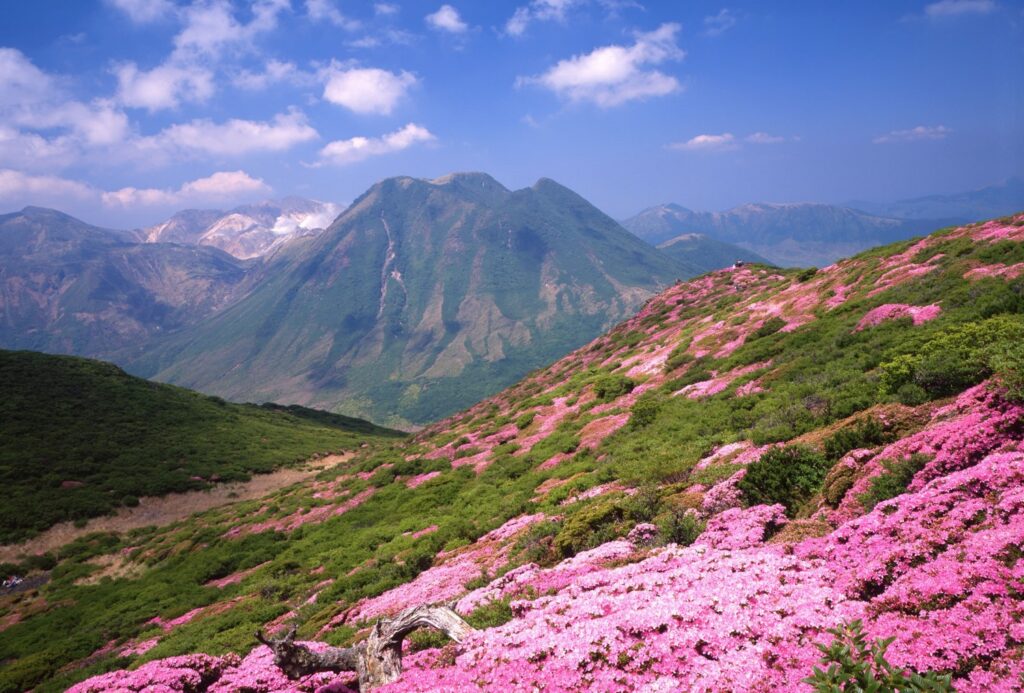
Oita
With rich artistic and spiritual heritage, natural wonders like Yabakei Gorge and Beppu hot springs, Oita is an unspoiled area of Japan worth exploring. With sand, mud, and water hot springs tucked away in unspoiled highlands and forests, Oita is a place to relax the body and get in touch with nature. The most iconic onsen towns are Beppu and Yufuin, overflowing with Bohemian charm and popular since ancient times.
Don’t’ miss: The Hyotan hot spring baths, Japan’s only hot spring with three Michelin stars
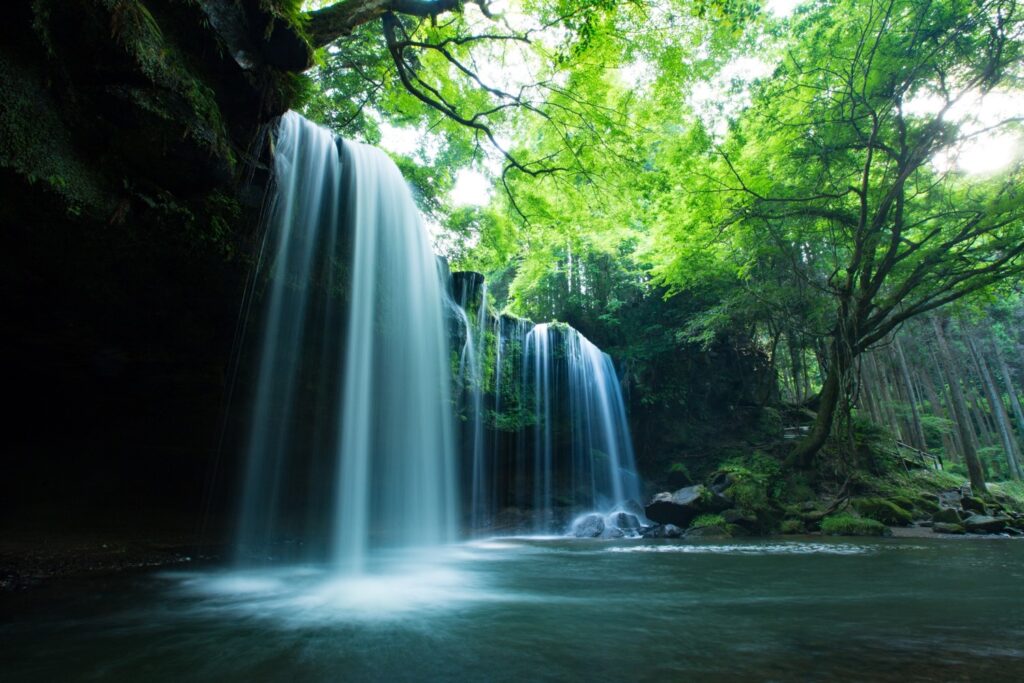
Kumamoto
Surrounded by mountains and shaped by volcanoes, Kumamoto is known for the huge Aso Caldera, the imposing Kumamoto Castle and the quaint Kurokawa Onsen. The prefecture is also home to bamboo forests, and its artisans sculpt it into various fantastic shapes including lanterns, candleholders and baskets. For natural beauty, travellers can drive to the idyllic Amakusa islands for beautiful blue bays.
Don’t miss: Kumamoto Castle, one of Japan’s most famous castle sites
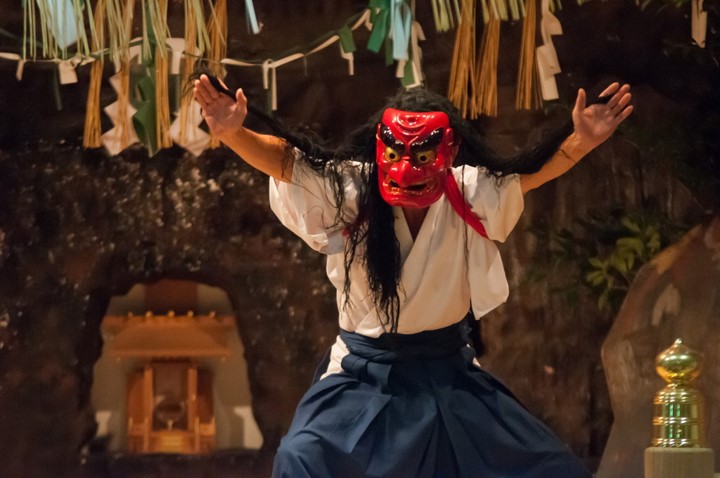
Miyazaki
Miyazaki offers something for everyone – spectacular surf, an iconic waterfall, a rich festival calendar and shrines linked by legend to Japan’s founding. Miyazaki plays host to lively festivals celebrating its place in Japanese mythology, including Miyakonojo Okage Festival, Hadaka Mairi and Tanabata Festival. Takachiho Gorge and the 17-metre Manai Falls are breathtaking natural wonders, while beaches Kisakihama, Okuragahama, Uchiumi and Aoshima are popular with surfers.
Don’t miss: The stunning Takachiho Gorge by day and the kagura dances at Takachiho Shrine by night.
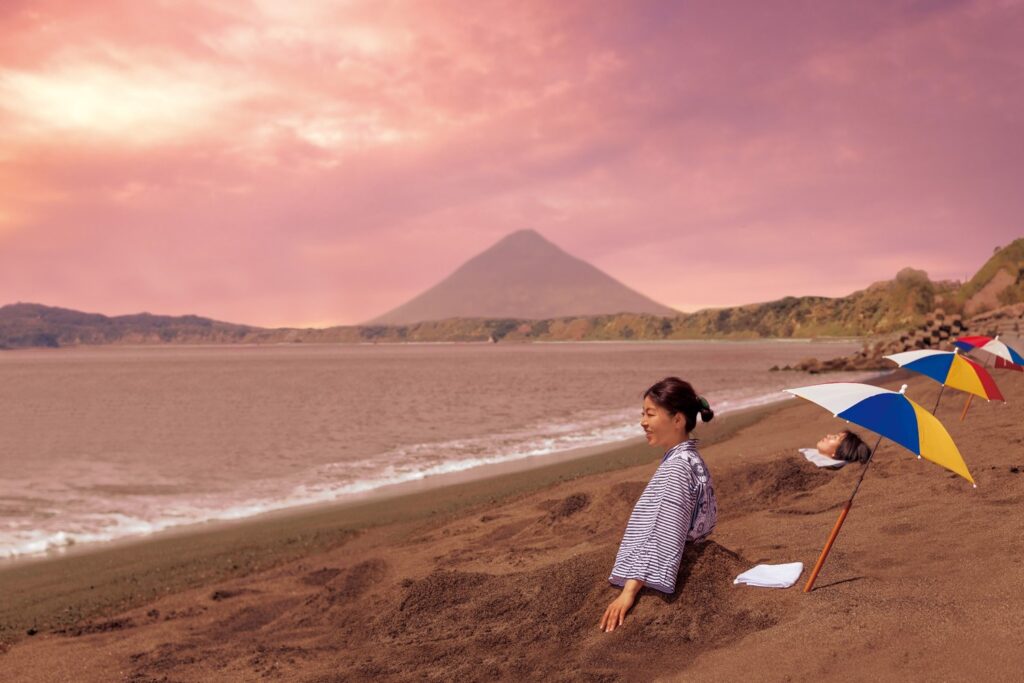
Kagoshima
From the beaches of Amami-Oshima Island and ancient forests of Yakushima to the great Kirishima Volcano, Kagoshima shows off Japan’s wild side. The landscape lends itself to fantastic hot spring onsen that range from traditional to beachside sand baths. Island life is one of the charms of Kagoshima and so travellers should endeavour to spend as much time island hopping as possible.
Don’t miss: The ancient forests of Yakushima, Japan’s first forest to become a World Heritage Site.


Comments are closed.